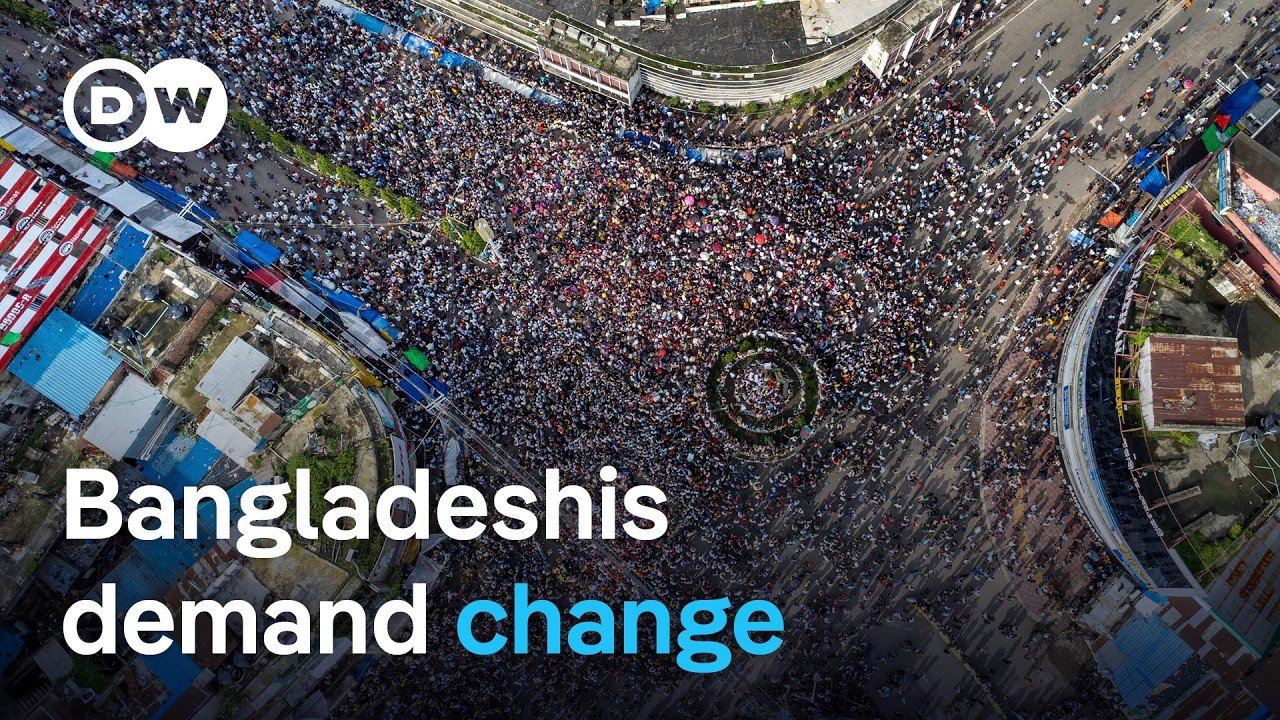In Bangladesh, a significant movement has emerged as tens of thousands of students and supporters have taken to the streets of Dhaka, demanding the resignation of Prime Minister Sheikh Hasina. The protests, initially sparked by opposition to discriminatory government job quotas, have escalated following a violent crackdown by the government, resulting in over 200 deaths. This mass movement now seeks broader political change, reflecting deep-seated grievances with the current regime’s use of excessive force and lack of accountability over the past 15 years.
- Tens of thousands of students and supporters are protesting in Dhaka, Bangladesh, demanding the resignation of Prime Minister Sheikh Hasina.
- The protests were initially triggered by opposition to government job quotas deemed discriminatory.
- A violent crackdown on dissent has led to at least 200 deaths, according to conservative estimates.
- UNICEF statistics indicate that 32 children are among the dead.
- The movement’s demands have shifted from quota reform to broader political change, highlighting long-standing issues with the regime’s use of force and lack of accountability.
- A nationwide disobedience movement is underway, with citizens urged not to pay taxes or utility bills.
- Reports of fresh violence against protesters by members of the ruling party have emerged.
- The protesters demand that Sheikh Hasina resigns and faces trial for the police crackdown on protesters last month.
- Experts and journalists argue that for stability, Sheikh Hasina needs to step down, and there’s no path forward for reconciliation with the current government due to its actions against citizens.
DW News is a global news TV program broadcast by German public state-owned international broadcaster Deutsche Welle (DW).
AllSides Media Bias Rating: Center
https://www.allsides.com/news-source/deutsche-welle-media-bias
Official website: https://www.dw.com
Original video here.
This summary has been generated by AI.

Leave a Reply